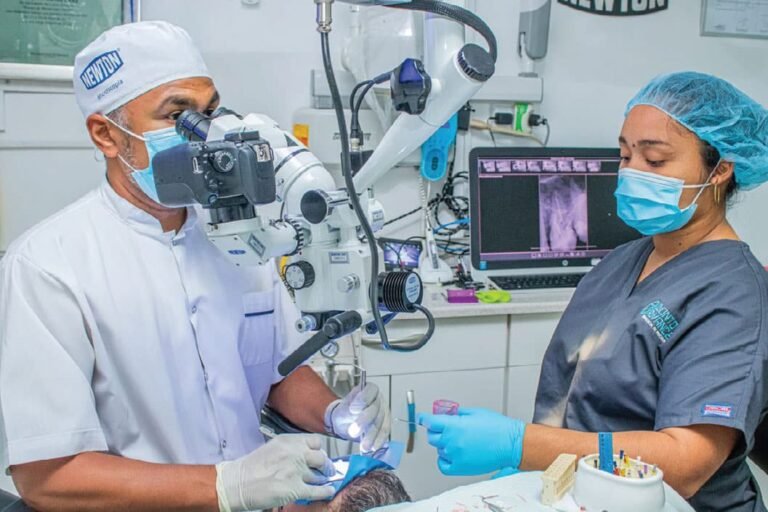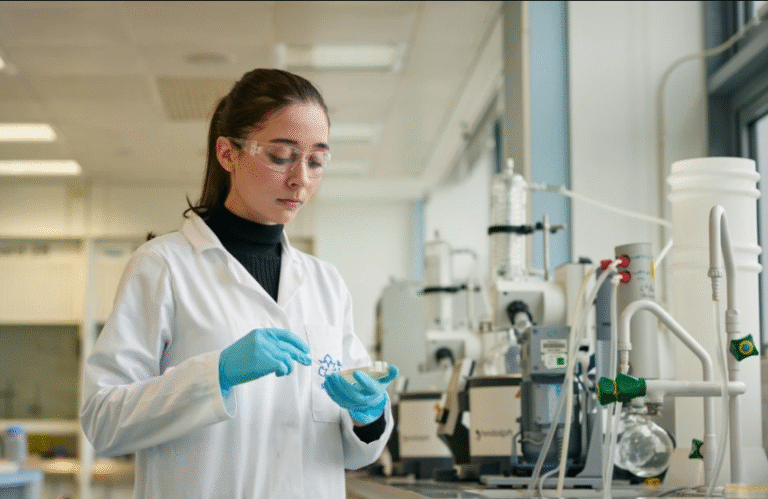Complete Guide to Lie Detector Tests in New Jersey: How Polygraph Tests Really Work
Introduction
The idea of a lie detector test has always fascinated people. From television shows to criminal investigations, the concept of a machine that can determine whether someone is telling the truth seems almost futuristic. In reality, polygraph tests have been around for decades, and they continue to be a tool used in certain situations across the United States, including New Jersey. A lie detector test in New Jersey is not only used by law enforcement but also by private employers, attorneys, and individuals who want answers in personal disputes. Understanding how these tests work, their limitations, and their legal standing is essential if you ever find yourself needing one.
What Is a Lie Detector Test?
A lie detector test, also known as a polygraph test, is designed to measure physiological responses in a person’s body when they answer questions. The underlying theory is that when someone lies, their body reacts differently than when they tell the truth. These reactions may include changes in heart rate, blood pressure, breathing patterns, and skin conductivity. The polygraph machine records these changes on a graph, and a trained examiner interprets the results.
While polygraph tests are not foolproof, they remain a widely discussed method of detecting deception. Many people view them as a valuable tool for uncovering the truth, while others are skeptical about their accuracy. In New Jersey, as in other states, the debate over their reliability continues, but that has not stopped people from using them in various settings.
The History of Polygraph Tests
The polygraph test has its roots in the early 20th century. It was developed to combine different physiological measurements into one system, allowing examiners to observe multiple body responses at once. Over the years, lie detector tests have been refined with more advanced technology, but the principle remains the same.
In New Jersey, polygraph testing became more commonly used in the mid-20th century, particularly in law enforcement investigations. Police departments relied on polygraphs to help during interrogations or to eliminate suspects. Today, the tests are still available, but their use has expanded into private and civil matters as well.
How a Lie Detector Test in New Jersey Works
If you schedule a lie detector test in New Jersey, you can expect a structured process. The test usually begins with a pre-test interview. During this stage, the examiner explains the process, discusses the questions, and ensures the subject is comfortable with the procedure. This step is crucial because it establishes a baseline for the person’s physiological responses.
Once the actual test begins, the subject is connected to sensors that track heart rate, breathing, and perspiration. The examiner then asks a series of questions, including neutral ones (such as “Is today Monday?”), control questions, and relevant questions related to the issue at hand. The idea is to compare how the body reacts across these different question types.
After the test, the examiner reviews the data and interprets the results. A detailed report is then provided, which may suggest whether the subject was truthful, deceptive, or inconclusive.
When Are Lie Detector Tests Used in New Jersey?
Lie detector tests in New Jersey can be used in several situations. Some of the most common include:
- Employment Screenings: Certain employers, particularly in security-related industries, may request lie detector tests as part of their hiring process. However, this is restricted by federal and state laws.
- Personal Disputes: Individuals sometimes turn to polygraph exams in cases of infidelity, family conflicts, or other personal issues where trust is in question.
While not every situation is suitable for a polygraph, many people in New Jersey rely on them to bring clarity when emotions or evidence alone are not enough.
See also: How Blockchain Is Changing the Healthcare Industry
The Accuracy of Polygraph Tests
One of the most debated aspects of polygraph tests is their accuracy. Supporters claim that when administered by a trained examiner, lie detector tests can be up to 90% accurate. Critics argue that results can be influenced by anxiety, stress, or even deliberate attempts to manipulate the test.
In New Jersey, as in other states, the courts generally do not accept lie detector test results as definitive evidence. Instead, they may be used as supporting information. This means that while a polygraph test can be helpful, it is rarely the sole factor in determining guilt, innocence, or truthfulness.
Finding a Lie Detector Test in New Jersey
If you are considering taking or requesting a lie detector test in New Jersey, it is important to find a qualified and experienced examiner. Certified professionals are trained to conduct tests ethically, interpret results accurately, and maintain confidentiality. Many private polygraph examiners in New Jersey specialize in areas such as criminal defense, family disputes, or workplace issues.
When choosing an examiner, ask about their credentials, experience, and testing process. A reliable professional will explain the procedure clearly, set realistic expectations, and provide a detailed written report.
Costs of Polygraph Tests in New Jersey
The cost of a lie detector test in New Jersey can vary depending on the examiner, the type of case, and the length of the test. On average, individuals can expect to pay anywhere from $300 to $700 for a single session. While this may seem expensive, many people consider it worthwhile when important personal, legal, or professional issues are at stake.
The Future of Polygraph Testing
Technology continues to advance, and researchers are exploring new methods of detecting deception, such as brain scans and artificial intelligence. While the polygraph test remains the most widely recognized lie detection method today, the future may bring more reliable and scientifically accepted alternatives. In New Jersey, these developments could eventually change how courts, employers, and individuals approach the issue of truth verification.
- Location in New Jersey
- Fort Lee – 1 Bridge Plaza North, N Central Rd, 6th Floor, Fort Lee, NJ 07024
- Piscataway – 30 Knightsbridge Rd, #525, Piscataway, NJ 08854
- Basking Ridge – 233 Mt Airy Rd, 1st Floor, Basking Ridge, NJ 07920
- Parsippany – 1719 NJ-10, #300, Parsippany, NJ 07054
- Princeton – 103 Carnegie Center Dr, Princeton, NJ 08540
- Hampton – 53 Frontage Rd, 1st Floor, Hampton, NJ 08827
- Bedminster – 1 Crossroads Dr, Bedminster, NJ 07921
- Iselin – 33 Wood Ave, Iselin, NJ 08830
- Short Hills – 51 John F. Kennedy Parkway, Short Hills, First Floor West, Millburn, NJ 07078
- Edison – 110 Fieldcrest Ave 3rd Floor, Edison, NJ 08837
- Mahwah – 1000 Wyckoff Ave 3rd Floor, Mahwah, NJ 07430
- Hoboken – 221 River St 9th Floor, Hoboken, NJ 07030
- Jersey City – 2500 Plaza 5, Jersey City, NJ 07311
- Cherry Hill – 923 Haddonfield Rd, Cherry Hill, NJ 08002
- Tinton Falls – 3600 Route 66, Shore Crossings, Tinton Falls, NJ 07753
- Mt. Laurel – 309 Fellowship Rd, 2nd Floor, Mt. Laurel, NJ 08054
- Lawrence Township – 2564 US-1, Lawrence Township, NJ 08648
- Freehold – 4400 Route 9 S, Suite 1000, Freehold, NJ 07728
Conclusion
A lie detector test in New Jersey can be a useful tool in certain situations, but it is important to approach it with realistic expectations. Polygraph tests are not perfect, and their results are not always legally binding. However, when conducted by a skilled professional, they can provide valuable insights and help resolve disputes.






